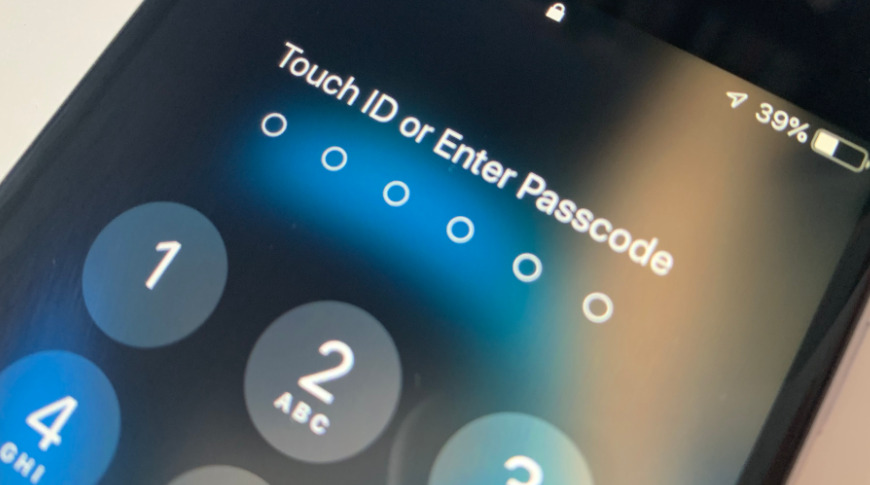US Magistrate Judge Virginia Demarchi is the latest to rule against forced use of biometrics by law enforcement, saying such systems come under the protection of the Fifth Amendment.
US Magistrate Judge Virginia Demarchi, of the Northern District of California, has ruled that unlocking a device such as an iPhone is "inherently testimonial." She said it amounted to forcing incriminating testimony from an individual.
"Here, compelling an individual who is a target of the investigation to use his or her finger or face to unlock a device represents incriminating testimony within the meaning of the Fifth Amendment," she said. Judge Demarchi also addressed the fact that law enforcement bodies are now repeatedly arguing a case that such unlocking is required.
"Several magistrate judges and district court judges across the country, as well as a few state courts, have recently addressed the specific question of whether compelled application of a biometric feature to an electronic device is a testimonial communication," said Judge Demarchi.
"This Court agrees with those courts," she continued, "that have concluded that requiring an individual to use a biometric feature to unlock an electronic device so that its contents may be accessed is an act of production that is inherently testimonial in the context of a criminal investigation."
In her ruling, Judge Demarchi explained that such unlocking using biometrics implies certain points that are the equivalent of providing testimony.
"Because it amounts to an assertion of fact that the individual has the ability to unlock the device," she said, "which in turn makes it more like that the individual locked the device and put the material sought by the warrant on the device."
Judge Demarchi's follows a similar case in Idaho in May this year and another California ruling in January.
However, also in May this year, a Massachusetts judge did grant a warrant to allow agents of the Bureau of Alcohol, Tobacco and Firearms to compel a suspect to use Touch ID to unlock his iPhone.
 William Gallagher
William Gallagher







-m.jpg)






 Malcolm Owen
Malcolm Owen
 Marko Zivkovic
Marko Zivkovic
 Christine McKee
Christine McKee
 Andrew Orr
Andrew Orr
 Andrew O'Hara
Andrew O'Hara


 Mike Wuerthele
Mike Wuerthele




-m.jpg)



47 Comments
Individuals with such power of individuals. One just hopes they make the right decision, because either way their take effects us all.
On one hand I can see the "inherently testimonial" argument on this.
On the other hand, how is a warrant to unlock a device via Face ID or Touch ID different than a warrant to allow police into your house to search for something?
I would like to know how many times actionable intelligence or any relevant evidence was found in cases where someone was forced to unlock their phone.
Is it really the case that these criminals are storing documents or not deleting texts that could be used as evidence against them? It very well could be and I’d love to hear about it.
Well even if the courts can't compel a person's biometrics (face, finger, eyes, etc.) to be used IN-PERSON to unlock a device, I'm sure that doesn't mean that the police can't use simulated biometrics to unlock it, assuming they have a copy of your fingerprint or photos of your face, which aren't hard to get. E.g., if the biometrics being used is Face ID, then the police can build a physical face. If the police have your fingerprint, they can build a fake finger. Right now this costs thousands of dollars but the price should come down as technology improves.
But don't worry, all California court decisions get overturned by the US Supreme Court. It certainly makes sense that the Fifth Amendment protects the contents of your mind but it probably doesn't protect the content of your biometrics.
P.S. I do live in a country with a constitution and that constitution has a similar phrase to the Fifth Amendment, so the issue is relevant to me. I look forward to seeing how the US works this out.